The Role of Self-Discipline and Motivation in Academic Success among University Students
Ziyoda Murodilova
First-year Bachelor’s student
Department of English Philology
Fergana State University, Uzbekistan
Abstract
This article explores the role of self-discipline and motivation as key psychological factors influencing academic success among university students. Academic achievement is not determined solely by intellectual ability; rather, behavioral and psychological characteristics play a crucial role in students’ learning processes. Using a qualitative research approach based on an extensive review of academic literature, this study examines how self-discipline and motivation contribute to effective learning, time management, and academic performance. The findings indicate that students who demonstrate higher levels of self-discipline and intrinsic motivation tend to achieve better academic outcomes, particularly in language-related disciplines that require continuous practice and independent learning. The study emphasizes the importance of developing self-discipline and motivation within higher education systems to enhance students’ academic success and personal development.
Keywords: self-discipline, motivation, academic success, behavioral studies, university students, language learning
Introduction
Academic success has long been a central concern in educational research, particularly in higher education. Traditionally, academic achievement has been associated with cognitive abilities such as intelligence, memory, and problem-solving skills. However, recent studies in psychology and behavioral sciences suggest that non-cognitive factors, including self-discipline, motivation, and self-regulation, play an equally significant role in determining students’ academic performance.
Self-discipline refers to an individual’s ability to control impulses, manage time effectively, and persist in goal-directed behavior despite distractions or difficulties. Motivation, on the other hand, is the driving force that encourages individuals to engage in learning activities and sustain effort over time. For university students, especially those studying foreign languages and philology, these factors are essential due to the high demand for independent study, consistent practice, and long-term commitment.
Students of English Philology are required to develop advanced skills in reading, writing, speaking, and critical analysis. Achieving proficiency in a foreign language is a gradual process that demands sustained effort and self-directed learning. Therefore, understanding the role of self-discipline and motivation in academic success is particularly relevant for language students. This study aims to examine how these psychological factors contribute to academic achievement among university students, with a focus on behavioral and motivational aspects of learning.
Methods
This study employs a qualitative research design based on a comprehensive literature review. Academic books, peer-reviewed journal articles, and theoretical studies related to self-discipline, motivation, self-regulated learning, and academic success were systematically analyzed. The sources were selected from reputable academic databases such as Google Scholar, ERIC, and educational psychology journals.
The inclusion criteria for the literature review focused on studies that directly examined the relationship between psychological factors and academic performance among secondary school and university students. Both classical and contemporary research works were considered to provide a balanced theoretical foundation. The collected data were analyzed using thematic analysis, allowing the identification of key patterns and recurring findings related to self-discipline and motivation in academic contexts.
This methodological approach enables a deep understanding of existing research findings without conducting primary empirical data collection. It is particularly suitable for theoretical and conceptual analysis in psychology and behavioral studies.
Results
The analysis of the reviewed literature reveals a strong and consistent relationship between self-discipline, motivation, and academic success. Multiple studies indicate that students with high levels of self-discipline demonstrate better academic behaviors, such as effective time management, regular study habits, and consistent engagement with learning materials.
The findings also show that self-disciplined students are less likely to procrastinate and more capable of overcoming academic challenges. These students tend to set clear academic goals and take responsibility for their learning process. Furthermore, motivation—particularly intrinsic motivation—plays a critical role in sustaining long-term academic effort. Students who are internally motivated to learn are more engaged, persistent, and resilient in the face of academic difficulties.
In language learning contexts, self-discipline and motivation are especially important. Learning a foreign language requires repeated practice, exposure, and active use of language skills. Studies indicate that motivated and disciplined learners achieve higher levels of language proficiency and academic performance compared to their less motivated peers.
Discussion
The results of this study align with previous research in psychology and education, which emphasizes the importance of behavioral and motivational factors in academic achievement. Duckworth and Seligman argue that self-discipline is a stronger predictor of academic success than intelligence quotient (IQ), highlighting its significance in educational outcomes.
From a behavioral perspective, self-discipline enables students to regulate their learning activities and maintain focus on long-term academic goals. Motivation provides the emotional and psychological energy required to sustain effort over time. Together, these factors form the foundation of self-regulated learning, which is essential for success in higher education.
For students of English Philology, the role of self-discipline and motivation becomes even more pronounced. Language learning is a cumulative process that cannot be achieved through short-term effort alone. Therefore, educational institutions should place greater emphasis on developing students’ self-discipline and motivational strategies through academic support programs, mentoring, and learner-centered teaching approaches.
Conclusion
This study concludes that self-discipline and motivation are vital psychological factors that significantly influence academic success among university students. Students who demonstrate strong self-discipline and intrinsic motivation are better equipped to manage academic responsibilities, engage in effective learning behaviors, and achieve higher academic performance.
For students studying English Philology and other language-related disciplines, these factors are essential for mastering complex language skills and achieving long-term academic goals. Higher education institutions should recognize the importance of behavioral and psychological development alongside cognitive learning. By fostering self-discipline and motivation, universities can enhance students’ academic success and prepare them for future professional challenges.
References
Duckworth, A. L., & Seligman, M. E. P. (2005). Self-discipline outdoes IQ in predicting academic performance of adolescents. Psychological Science, 16(12), 939–944.
Zimmerman, B. J. (2002). Becoming a self-regulated learner: An overview. Theory Into Practice, 41(2), 64–70.
Bandura, A. (1997). Self-efficacy: The exercise of control. New York: Freeman.
Ryan, R. M., & Deci, E. L. (2000). Intrinsic and extrinsic motivations: Classic definitions and new directions. Contemporary Educational Psychology, 25(1), 54–67.
Tangney, J. P., Baumeister, R. F., & Boone, A. L. (2004). High self-control predicts good adjustment, less pathology, better grades, and interpersonal success. Journal of Personality, 72(2), 271–324.
Pintrich, P. R. (2000). The role of goal orientation in self-regulated learning. In M.

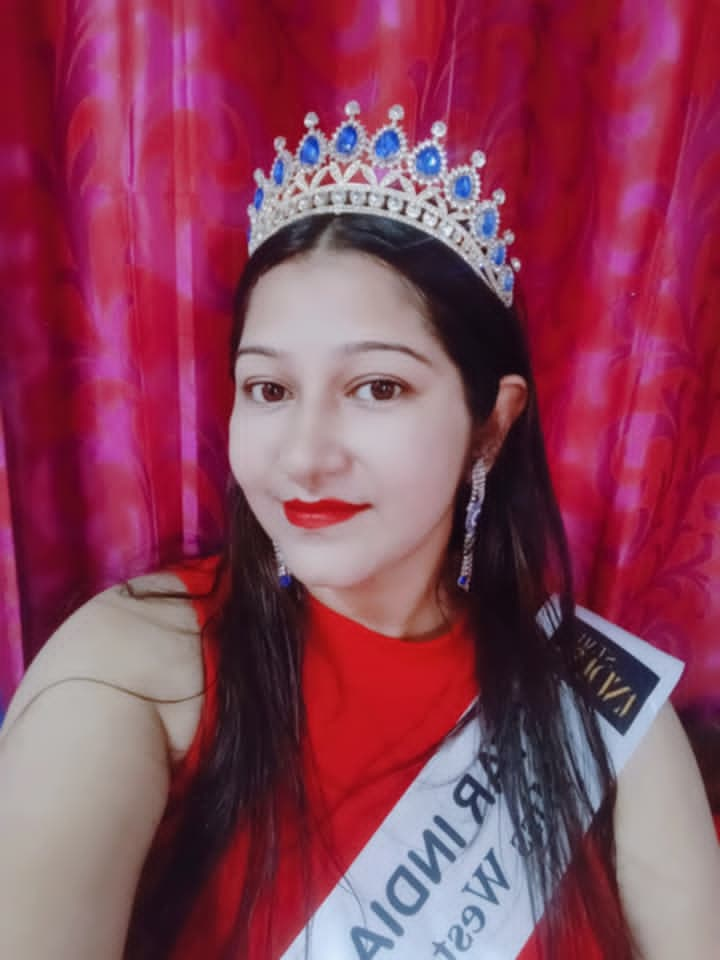
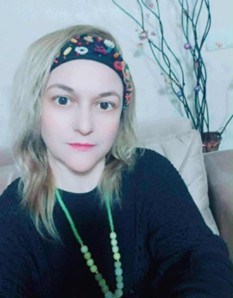
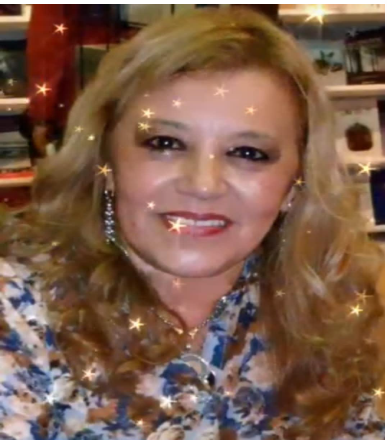
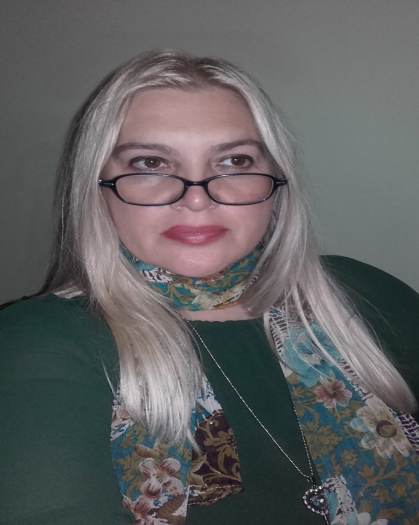

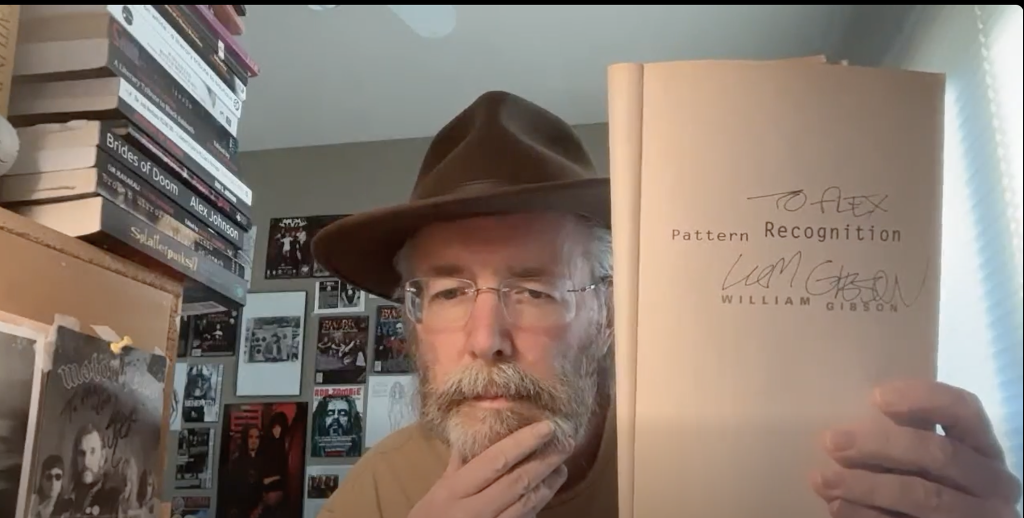
 THE CLOSING VOW
THE CLOSING VOW